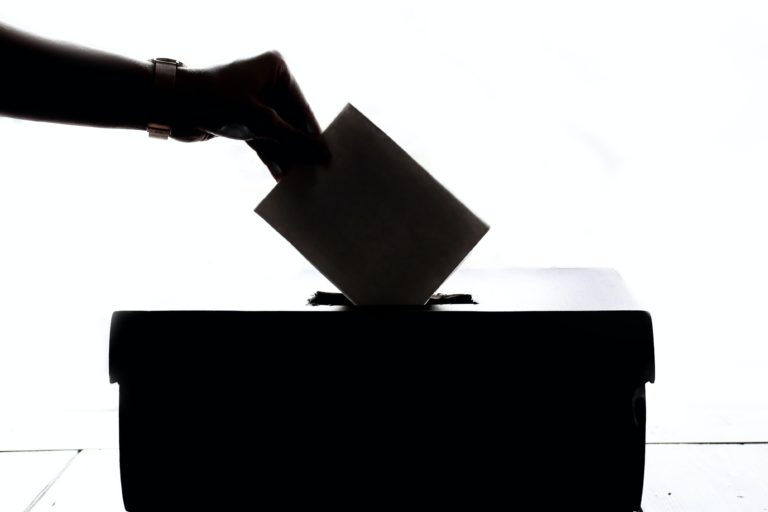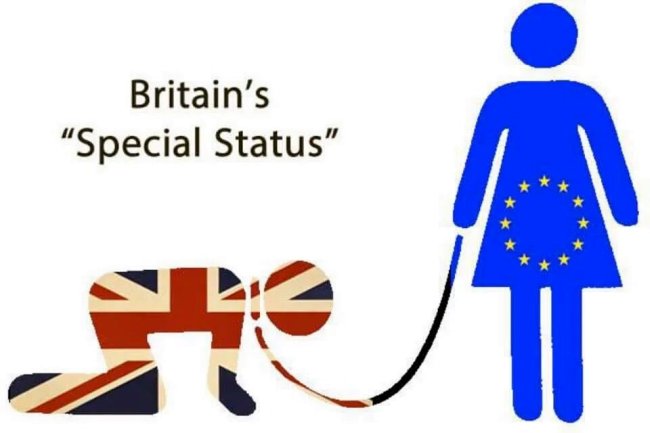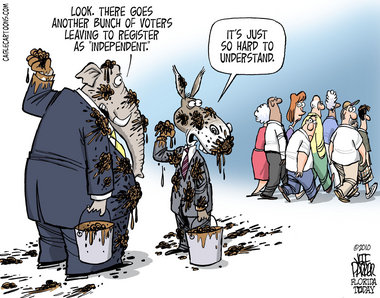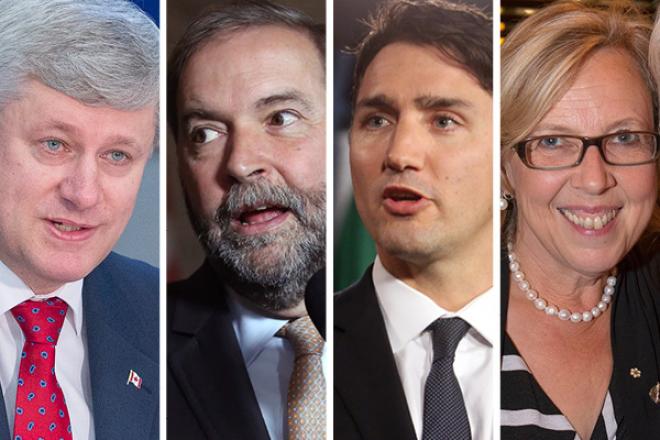Hey everyone, I am pleased to announce that I became a father on the 29th of October!...
voting
These are truly abundant times for us amateur political bloggers. Case in point: this article was originally...
As you have probably heard by now, during this past week President Obama has taken executive action...
Election period is coming around in Canada once again, and I’m not sure which irritates me more:...



